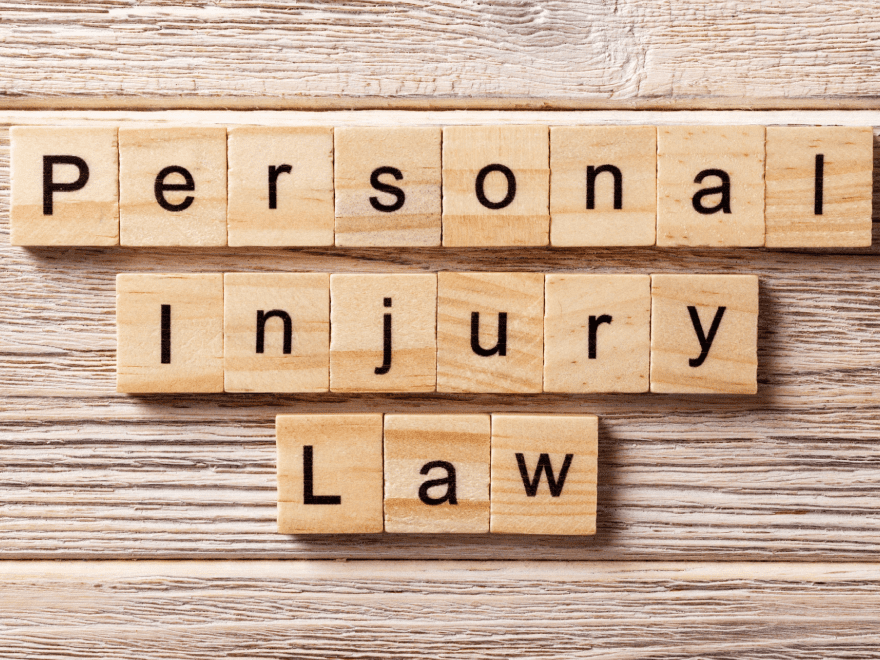Personal injury can be life-changing, and Texas personal injury laws have rules on managing these cases. Personal injury describes cases where a person is harmed by another person or entity.
It is generally based on claims of negligence and not malice, where negligence is defined as carelessness or disregard for the safety of others. Examples of personal injury cases in Texas are:
- Industrial accidents: respiratory problems from Texas oil industry work.
- Road accidents: drunk driving, hit and run, road defects
- Transportation accidents: car, truck, motorcycle, plane, pedestrian, maritime
- Construction site accidents: falls, electrocutions, struck by an object
- Premises liability accidents: dog bites, slip and falls, amusement parks, swimming pools
- Medical malpractice: unnecessary surgery, wrong diagnosis, improper medication
- Product liability: defective vehicle design such as seat belt failure
There are three types of damages available in Texas personal injury cases. They are economic damages, non-economic damages, and punitive damages. Economic damages are connected to financial losses such as property damages, lost wages, or medical expenses. Non-economic damages are for pain and suffering, scarring, and inconvenience. Punitive damages are intended to punish the defendant and prevent similar future conduct.
In Texas, a personal injury lawsuit starts at the time of the accident and the statute of limitations commences at that moment. But what are the key Texas personal injury laws?
A summary of key laws that could affect an injury-related insurance claim or lawsuit in Texas
The key laws that could affect an injury-related insurance claim or lawsuit in Texas cover the following:
- Statute of limitations
- Shared fault
- Injury damage caps
- Claims against any branch of the Texas government.
We will discuss the statute of limitations and claims against any branch of the Texas government in more detail later. In some personal injury cases, when you are filing a claim against a business or person, they might argue you share the blame fully or partially for the incident that led to you filing the personal injury claim.
These are called shared-fault injury cases. Texas follows a “modified comparative negligence rule”. The compensation you are entitled to receive will be reduced by the amount equal to your fault percentage.
In Texas, injury damage caps only apply to medical malpractice cases. Non-economic damages are limited to $250,000 per defendant and $500,000 overall. The cap for medical malpractice cases involving wrongful death is indexed for inflation.
The Texas Personal Injury Statute of Limitations
Statute of limitations is a law that sets a time limit on a person’s right to file a lawsuit in court and is strictly enforced. The Texas personal injury statute of limitations states that any civil action for personal injury must be filed no later than two years after the day the “cause of action accrues”. It generally means no later than two years after the date of the incident that allegedly caused you harm.
This deadline is equally important when you are in personal injury settlement negotiations with a defendant and their insurance company. If the statute of limitations on your case has passed, you lose negotiation leverage as you cannot take them to court.
Injury Claims Against the Texas Government
Different rules apply when you want to lodge a personal injury claim against a government entity or one of its employees. You must file a claim under the Texas Tort Claims Act.
File the formal claim with the governmental unit you believe is responsible for causing your injury and do it within six months of the incident. Some local and municipal governments set shorter time limits for filing a claim notice.
Shamis & Gentile, P.A. is a law firm based in Miami, Florida. We focus on class actions, mass torts, personal injury, and personal injury protection (PIP). Do you need advice on Texas personal injury laws? Contact Shamis & Gentile, P.A. today.










